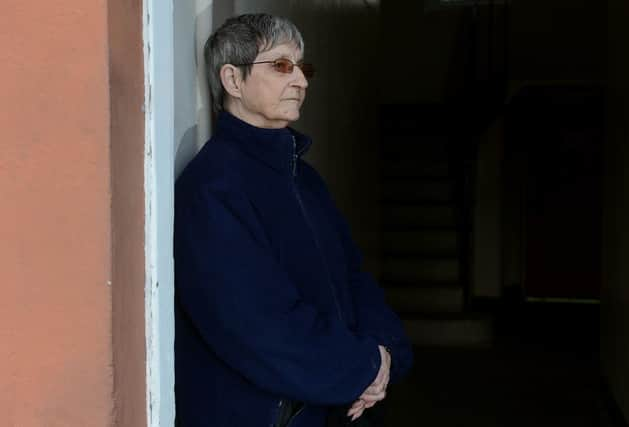Comment: Justice delayed could become justice denied
This article contains affiliate links. We may earn a small commission on items purchased through this article, but that does not affect our editorial judgement.


Not only do vital documents remain out of reach for victims and their families, but there is also no indication that the Crown Office will come to a decision any time soon.
This is far too long a wait for the families of the victims who are entitled to information about this outbreak – what caused it, why precautions against such an outbreak appear to have failed and why the outbreak was not contained earlier.
Advertisement
Hide AdAdvertisement
Hide AdDOWNLOAD THE EDINBURGH EVENING NEWS APP ON ITUNES OR GOOGLE PLAY
No-one doubts that this is a complex and technical inquiry. But the danger now is that lack of momentum itself breeds stasis and inactivity. Here the Crown Office risks justice delayed becoming justice denied.
An NHS report last year cited nine sites as potential sources of the outbreak. But despite a wide investigation into the outbreak, no definite cause was yet been found: a state of affairs that is as worrying for residents as it is harrowing for the victims’ families.
Mrs Lonnie, along with other affected families, has launched a civil claim for damages against two of the firms named in last year’s report as possible sources of the bug. But this action is in limbo because the Health and Safety Executive would not release vital information due to the uncertainty over a fatal accident inquiry.
Advertisement
Hide AdAdvertisement
Hide AdLawyers for the families fear it could be another two or three years before access is granted to the papers.
They have repeatedly called for more information – but insist their requests have been met with a “wall of silence”. This is just not good enough. The state needs to make a decision and allow the people involved to decide how best to proceed.